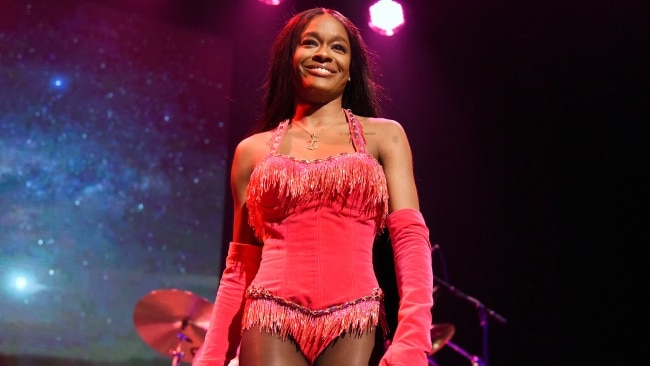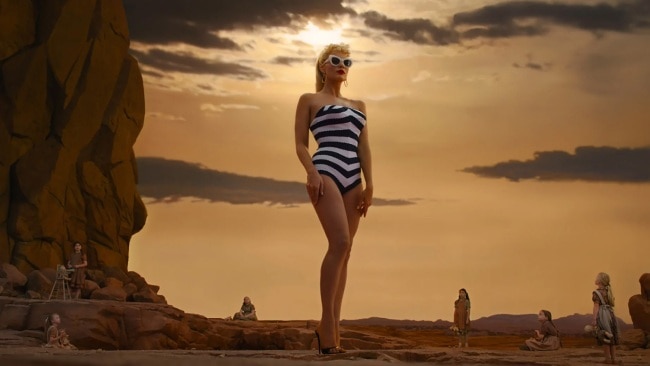Our vile obsession with the 'sexy serial killer'
The constant string of 'hot' actors portraying some of the worst psychopaths wears thin in Dahmer.
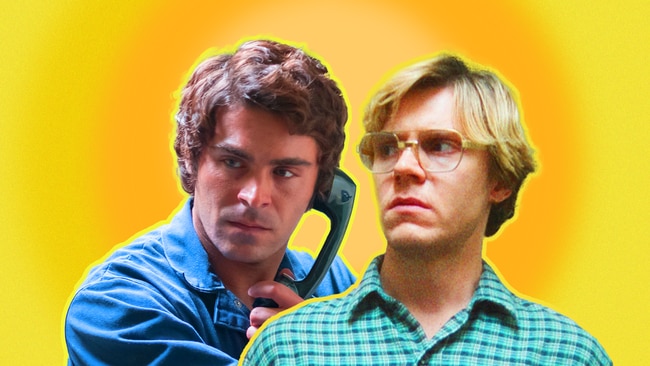
The constant string of actors portraying some of the worst psychopaths wears thin in Dahmer.
It’s rare that backlash hits Hollywood hinged on the fact that the actor cast is “too hot” to play the role, and yet the sentiment has proliferated online upon the release of Netflix’s Dahmer.
Evan Peters stars as the cannibalistic serial killer Jeffrey Dahmer, remembered in history as one of the most violent murderers who brutally dismembered, sexually assaulted, and preserved the body parts of 17 young men and boys, predominantly from black, hispanic and asian backgrounds.
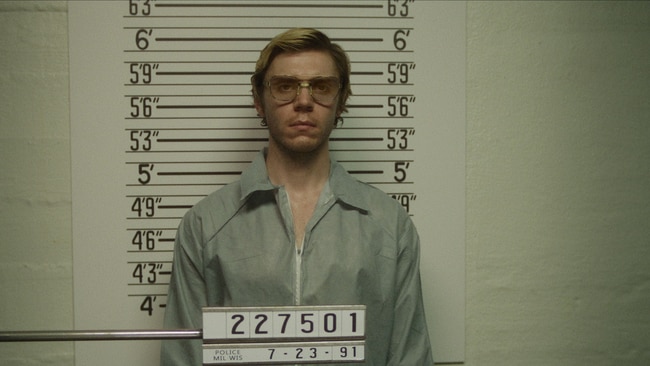
Online, a flurry of commentary overlooked the 941-prison sentence Dahmer incurred for his crimes to express their “thirst” over Peters - a bizarre bloodlust for the actor portraying a figure that epitomised human depravity.
This is neither a review of Peters’ acting (which excels in abstaining from sympathising with the real life figure), nor his looks (per se) but a look at the tendency for productions to place aesthetics and allure over the harrowing reality of the events that occurred and the respect due to the victims.
The romanticisation of serial killers on screen has been exacerbated, concurrent with the rise of true crime’s popularity, by young women.
evan peters dahmer is SO HOT BRO â‰ï¸â‰ï¸
— Snowy 🀠(@youbitemytongu3) September 23, 2022
need Evan Peters to play a character that isn't a serial killer so bad so I can find him hot in peace pic.twitter.com/2cxBwnUtdT
— Aidan (@aidanthereup) September 21, 2022
Fascination with the past is no crime, but fetishisation is where the issue lies, and it’s nothing new to Hollywood. Let’s call it the “Patrick Bateman” effect - where much-loved, objectively attractive actors are cast in roles of deplorable historical figures, with little to no effort made to make them actually resemble the people they’re depicting outside of a wig, glasses and *possibly* some prosthetics.
In 2019, Zac Efron’s portrayal of Ted Bundy (where he did not have the murderer’s monobrow) in Extremely Wicked, Shocking Evil and Vile was crucified for glamourising the string of murders that spanned the 70s and 80s, while Ross Lynch who also portrayed Dahmer in My Friend Dahmer faced similar backlash. Even millennial heartthrob Chad Michael Murray has been picked to portray Bundy in the upcoming American Boogeyman to similar decries on social media.
It’s a trope in the reimagining of history that boasts a sinister undertone to the already dark subject matter: that commercial viability and audience allure will surpass the sensitivity and justice victims of the real-life crimes deserve.
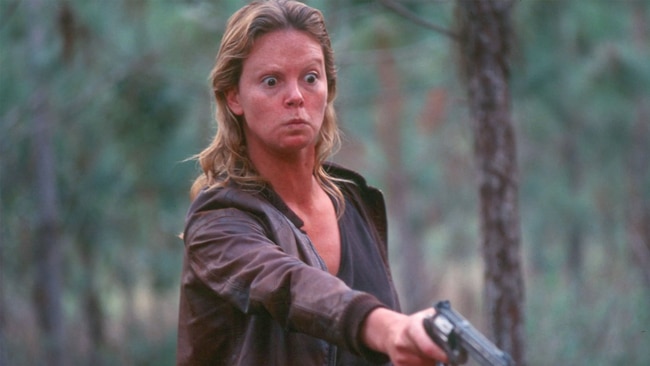
It’s also a pattern that has been disproven. Charlize Theron, a recipient of Sexiest Woman Alive in 2007 gained 13kg, ceased washing herself entirely and donned prosthetics to achieve the damaged skin aesthetic of mass murderer Aileen Wuornos in Monster. The film was critically acclaimed, to such an extent that Theron took home the Academy Award for Best actress.
In an opposite, but similar breath, Director Olive Stone’s Natural Born Killers debuted in cinemas in 1994 like a molotov cocktail, leveraging charismatic, attractive actors (Juliette Lewis and Woody Harrelson) to force viewers into a discourse around the endemic psychosis and lax gun laws that cause the series of brutal public bloodbaths depicted in the satirical film.
Stone said himself the films “violence was satiric,” bound by “metaphoric, over-the-top, not even close to real,” violence shot in hallucinatory sequences to take aim at the tendency of cinema to profit off of sensationalist storytelling at the expense of victims.
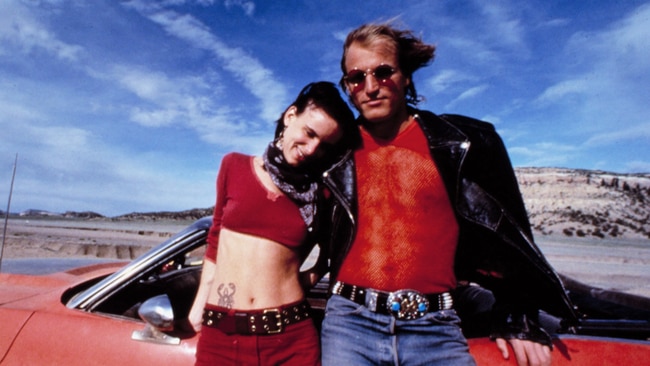
Peters addressed the backlash to Dahmer, telling Netflix, “it felt important to be respectful to the victims and to the victims' families to try to tell the story as authentically as we could.”
While the series walks a fine line between profiting off of trauma and giving victims a voice, the fatal blow reigns true: is it really that difficult to make a story about atrocities without making it alluring?

